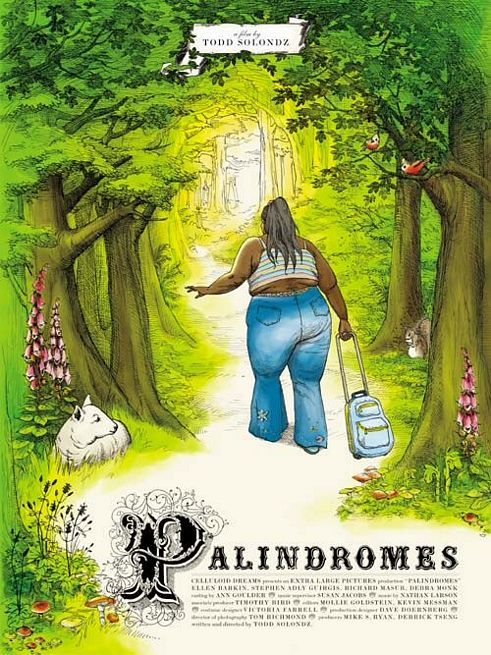Monday, April 5, 2010
March Media Round-Up
Tuesday, March 30, 2010
Aviva Goes Around

Wednesday, March 10, 2010
On African Music
- Justice by Muki Garang and Mwafrika
- Constantly by Kalamashaka
- Sou Mey Rap by Dakar All-Stars
- Mother Africa by Hip Hop All-Stars
Monday, March 1, 2010
February Media Round-up
Monday, February 22, 2010
A Few Thoughts from Nabokov
Wednesday, February 17, 2010
A Call to Freedom

A good friend recently loaned me a mixtape by Lil Wayne, supposedly his best, called Dedication 2. Critics seem to love this guy for his passion and playful approach, which are notable.
While the general public may complain about the violence and obscenity, I take it the same way I'd take a western or a Schwarzenegger movie. It's there for entertainment. If kids wouldn't take it so seriously, I wouldn't really have a problem with gangsta rap. That said, I have a hard time being entertained. Most of the radio hip-hop around (with some notable exceptions, eg Jay-Z) seems flat, unfun, and repetitive. Between mundane, bragging skits, rappers find time to grunt out cliches about the streets where they grew up or how much money they have.
That said, I don't think hip-hop is anywhere near dead. With artists like Jay Electronica and Lupe Fiasco dancing around the edges of the mainstream, and The Roots enjoying their tenure as Jimmy Kimmel's band, there's plenty of fresh material for those willing to dig a little. That's not to mention a lively underground, where all sorts of good stuff goes on, whenever rappers can get past rapping about their distaste for the mainstream.
Thankfully, the scene is also getting a boost from Africa. While former child soldier Emmanuel Jal is not very visible in the US, he's been getting nods worldwide for his harrowing story, and his courage in telling it through hip-hop. My wife and I run an afterschool program for international kids in a poor neighborhood, and they love this guy's stuff. It's hard for me to listen to his War Child CD without getting cloudy-eyed.
This week, I learned about another African rapper, this one from Somalia, and after a single listen, I ran out to pick up his latest album. K'NAAN claims that english is not his first language, but he wields it with such precision, playfulness, and fierceness, that I find his claim hard to believe. From his opening track "T.I.A." K'NAAN drops his listeners into a complex, violent Africa, where he grew up dodging grenades, bullets, and thugs that make america's hood seem placid.
While his story (my block is way worse than yours), could get boring in lesser hands, K'NAAN spins it into a funny, tragic, enlightening hip-hop journey which takes seamless turns into rap-rock, reggae, and the anthemic song which has become the theme for the 2010 World Cup, Waving Flag.
The thing that makes Sojourner such a powerful album for me, and the reason it merits play after play, beyond its brilliant musical range, is the view of violence that he takes. While American rappers seem to relish the beefs, guns, and street warfare because they give street cred, K'NAAN dreams of a world without terrorism and piracy, without refugees, where young lovers can grow up without being torn apart by violence.
He celebrates the kinds of love that survive in a war zone, and the brilliant album examines the way all people act under dire circumstances. His music breaks through Western comfort and shows me the chaos that waits at its edges. On Monday, after my first listen-through of this album, I felt awakened. I could barely stand the excess, the false comforts, the glitzy lies that we surround ourselves with here in America.
The world out there, the world we hide from in our big expensive fortress of a country, is bustling with life, and has some things to teach us. Thank God hip-hop provides a voice to that experience.
Sunday, January 31, 2010
One Month Down
Tuesday, January 12, 2010
To What End?
